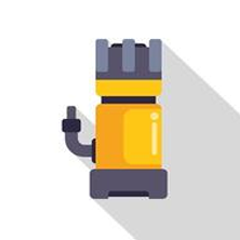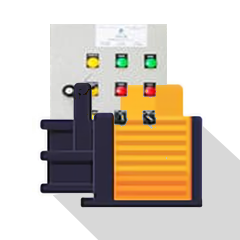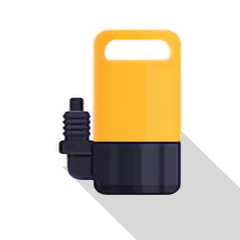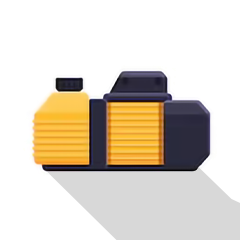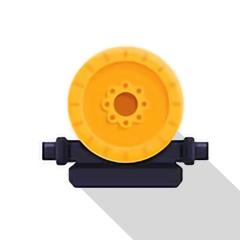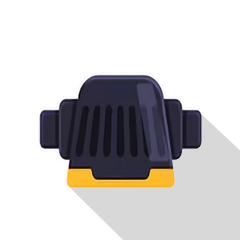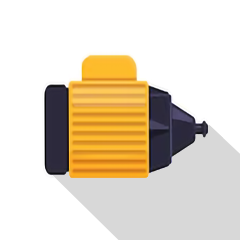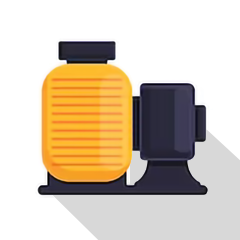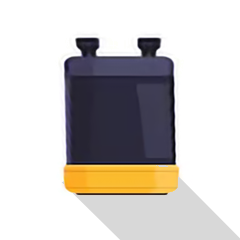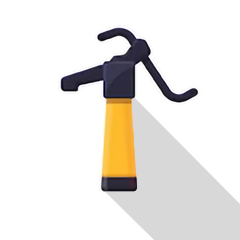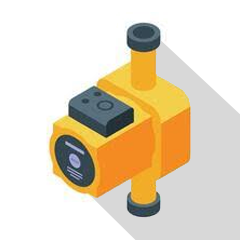What is a Macerator Pump?
A macerator pump features a grinder mechanism that reduces solids to a slurry, preventing blockages and enabling wastewater to be pumped through narrow pipelines or uphill. Ideal for basement toilets, remote buildings, and low-lying areas.
Key Applications
Our macerator pump installations are suited for:
- Basement or below-drainage-level toilets and bathrooms
- Remote pump stations with challenging discharge routes
- Industrial effluent systems requiring solid management
- Marine and mobile units where standard pumps struggle
Installation Process Overview
We follow a systematic approach to ensure durability and performance:
- Site Analysis & Preparation: Evaluate existing plumbing, electrical supply, and drainage layout to determine the optimal pump location.
- Macerator Unit Placement: Securely mount the grinder tank and pump unit with anti-vibration mounts.
- Piping & Connections: Install inlet connections to sanitary fixtures and discharge piping with backflow prevention valves.
- Electrical & Control Setup: Wire the pump to a dedicated control panel, configure float switches or level sensors, and integrate alarm systems for blockage alerts.
- Commissioning & Testing: Perform dry-run, fill the system, verify grinding efficiency, measure flow rate, and test alarm functions.
Advanced Installation Features
- Automatic float switch calibration for reliable start/stop control
- Integrated check valves and non-return valves to prevent backflow
- Noise-dampening enclosures for quiet operation in living spaces
Maintenance & Support
Regular inspections, cleaning of grinder components, and performance checks are vital. Our AMC packages cover proactive maintenance, emergency call-outs, and grinder blade replacement to extend pump life.
Client Case Study
Installed a macerator pump system for a basement cinema complex in Dubai, eliminating frequent blockages and reducing maintenance interventions by 60%.
Frequently Asked Questions
- Can macerator pumps handle solids other than tissue?
- Yes, our units grind common solids such as hair, small wipes, and organic debris, but heavy objects should be avoided.
- How do alarms notify failures?
- We integrate visual and audible alarms on the control panel, with optional remote alerts via SMS or SCADA integration.


